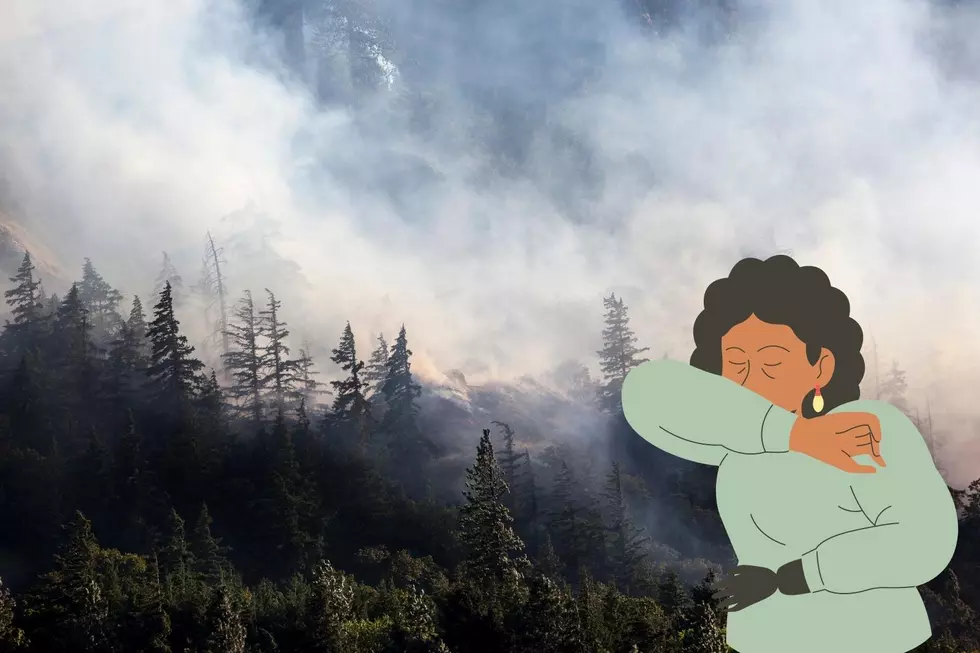
Tired of Wildfire Smoke? Lawmakers Hoping to Clear the Air
Wildfire smoke is causing big problems around the state and state officials are taking action. The Commissioner of Public Lands Hilary Franz says she has a solution. Last year's Bolt Creek Fire near Skykomish, a fire that caused Washington state to have the worst air quality in the world has pushed Franz to introduce “Cascading Impacts of Wildfire” legislation (House Bill 1578/Senate Bill 5611).
Community resilience efforts will be increased
A press release says the bill "details the agency’s plan to prepare communities for wildfire smoke risks and impacts, expand community resilience efforts statewide, and manage post-wildfire risks including landslides and debris flows. "
The bill, which has bipartisan support, will focus on communities that face unique risks during and after wildfire events.
Western Washington saw a lot of smoke last year
“Last year’s Bolt Creek and Goat Rocks fires were a stark reminder that no part of our state is immune from wildfire risk or the devastating health impacts of wildfire smoke,” says Commissioner Franz, who leads the Department of Natural Resources. “For days, smoke choked our lungs, forced our kids inside, and threatened the health of at-risk populations. While we continue to make progress in reducing the threat of wildfire, we must also prioritize how we mitigate and prepare for the impacts of wildfire and smoke. We must take steps to reduce the impacts of wildfire to our homes and communities, on both sides of the state,” says Commissioner Franz.
So how will the bill help with wildfire smoke?
The bills ask for $12.8 million over the next biennium to achieve the goals. The funding will help the Department of Natural Resources to expand the Wildfire Ready Neighbors program from eastern to western Washington. It's already underway in Yakima County.
The press release from DNR also says the bill "also takes steps towards reducing health impacts from wildfires and smoke through a multi pronged approach. It establishes a statewide smoke monitoring and predictive services team. It also enables DNR to deploy mobile air quality monitoring equipment, conduct simulation modeling, and provide real-time data and smoke exposure forecasts to support community-level public health efforts."
See the 25 weirdest scams ever
KEEP READING: See 25 natural ways to boost your immune system
LOOK: TV Locations in Every State
More From News Talk KIT









